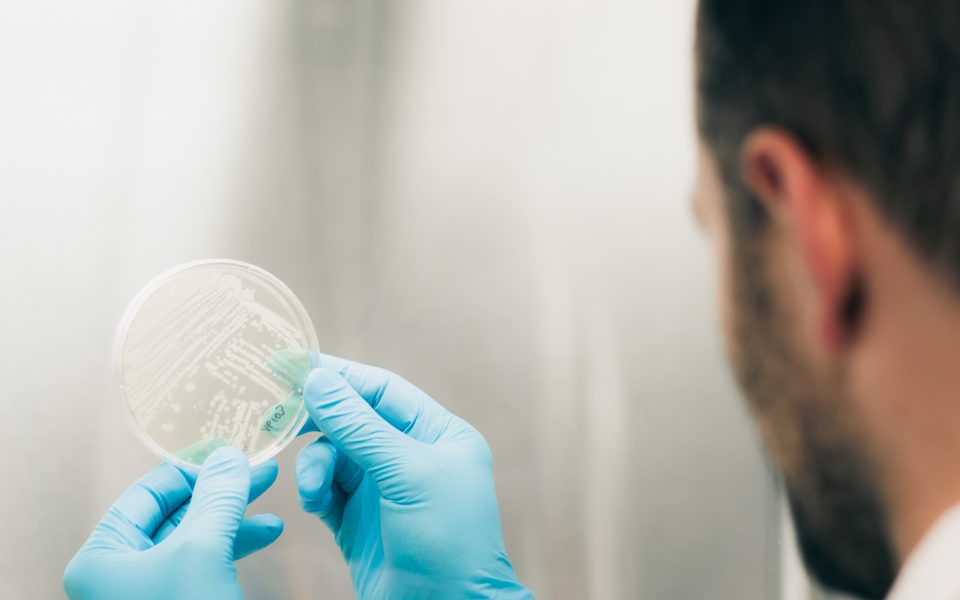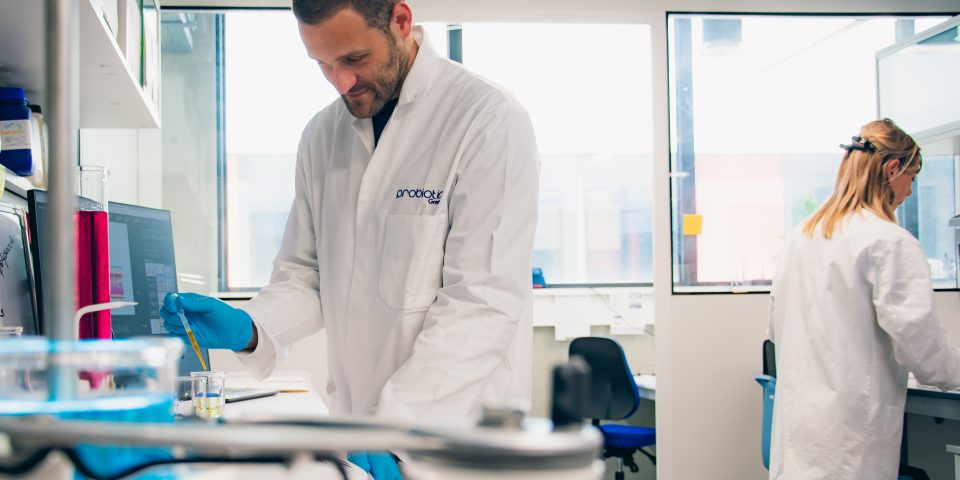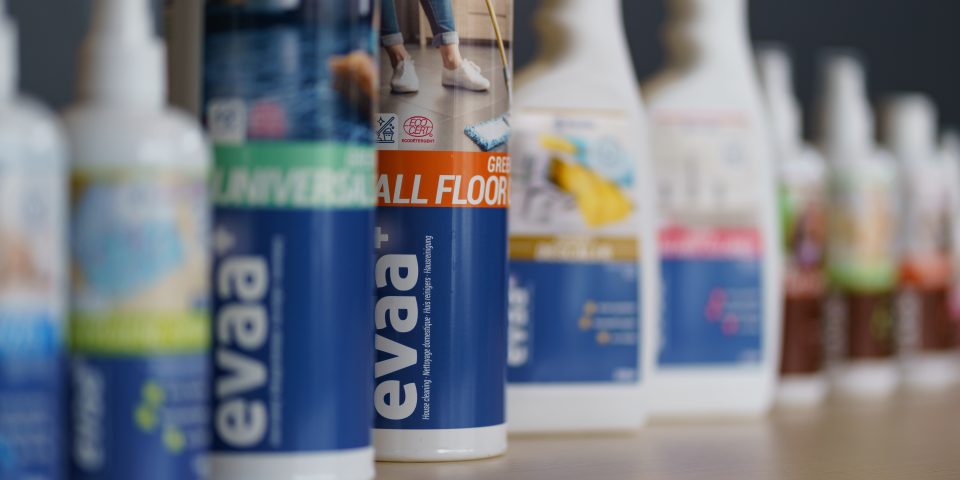Probiotic Group - Bacteria in the service of our environment
Cleaning and disinfecting products have an impact on our health and our environment. The harsh chemistry behind these products destroys all bacteria present on surfaces, whether they are good or bad. Faced with this fact, Probiotic Group was born in Beiler.

In 2014, an IT consultant, Martin Schoonbroodt, was about to write his thesis marking the end of his master’s degree in evening classes. The topic was computer science. However, following a discussion with his father, a doctor, his subject and, more importantly, his professional career took a radical turn. The subject of this discussion? Hygiene in hospitals and in particular, the cleaning, disinfection, and sterilization protocols. The daily use of harsh chemical-based products destroys all the flora on surfaces and has contributed to the multi-resistance of bacteria. “Everything that humans have put in place to destroy, bacteria have adapted to,” explains Martin to justify this multi-resistance.
At the same time, many products promoting the benefits of probiotics were appearing. This marked the beginning of the reflection that would lead to the creation of the Probiotic Group: “If we have a healthy intestinal flora, we have a healthy immune system. This is achieved by ingesting probiotics. That’s when we thought, why not do what we do in the digestive tract on the outside surfaces. Apply good bacteria on a surface and see if the flora rebalances”.
Establishing itself in Luxemburg was natural for this Belgian. Indeed, the willingness of the Luxembourg authorities to invest in biotechnologies and to promote products resulting from local research encouraged Martin to settle there. In 2016, after two years of research and creating the first prototype, the Probiotic Group was born in Beiler, in the North of the country.

A flourishing future
Since 2021, a second laboratory for research and development has been set up in the heart of the House of Bio-Health, in Esch-Sur-Alzette. This is primarily for infrastructure purposes but also to be closer to their two partners, the University of Luxembourg and the Luxembourg Institute of Science and Technology (LIST), which will support them in developing their products.
In just a few years, the company has experienced remarkable growth. From three people at the beginning, there are now close to 24 people working in this company whose values are ecology and health. Martin and his team aim to maintain this growth in the years to come. Several commitments are already planned for the end of the year. On a commercial level, seeing their products throughout the European Union is part of the project, as is Canada. This will be realized at the beginning of 2023, the first contract having just been signed. Multinationals have already approached the start-up for possible collaborations recognizing that their “technology is the technology of the future.” It doesn’t seem impossible. “These companies should not make us lose our credibility and be close to our values, namely ecology and health,” justifies Martin Schoonbroodt.

